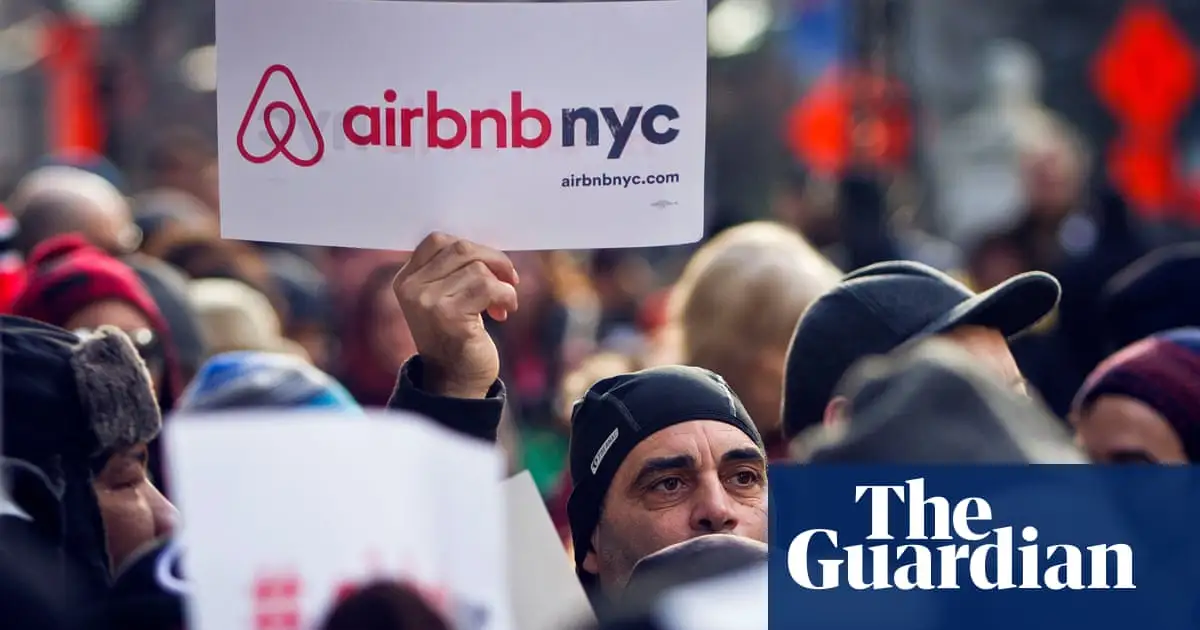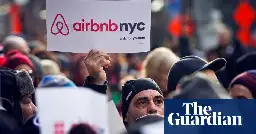Airbnb bookings dry up in New York as new short-stay rules are introduced
Airbnb bookings dry up in New York as new short-stay rules are introduced

Airbnb bookings dry up in New York as new short-stay rules are introduced

Under the new restrictions, short-term renters will need to register with the city and must be present in the home for the duration of the rental
Home-sharing company Airbnb said it had to stop accepting some reservations in New York City after new regulations on short-term rentals went into effect.
The new rules are intended to effectively end a free-for-all in which landlords and residents have been renting out their apartments by the week or the night to tourists or others in the city for short stays. Advocates say the practice has driven a rise in demand for housing in already scarce neighbourhoods in the city.
Under the new system, rentals shorter than 30 days are only allowed if hosts register with the city. Hosts must also commit to being physically present in the home for the duration of the rental, sharing living quarters with their guest. More than two guests at a time are not allowed, either, meaning families are effectively barred.
